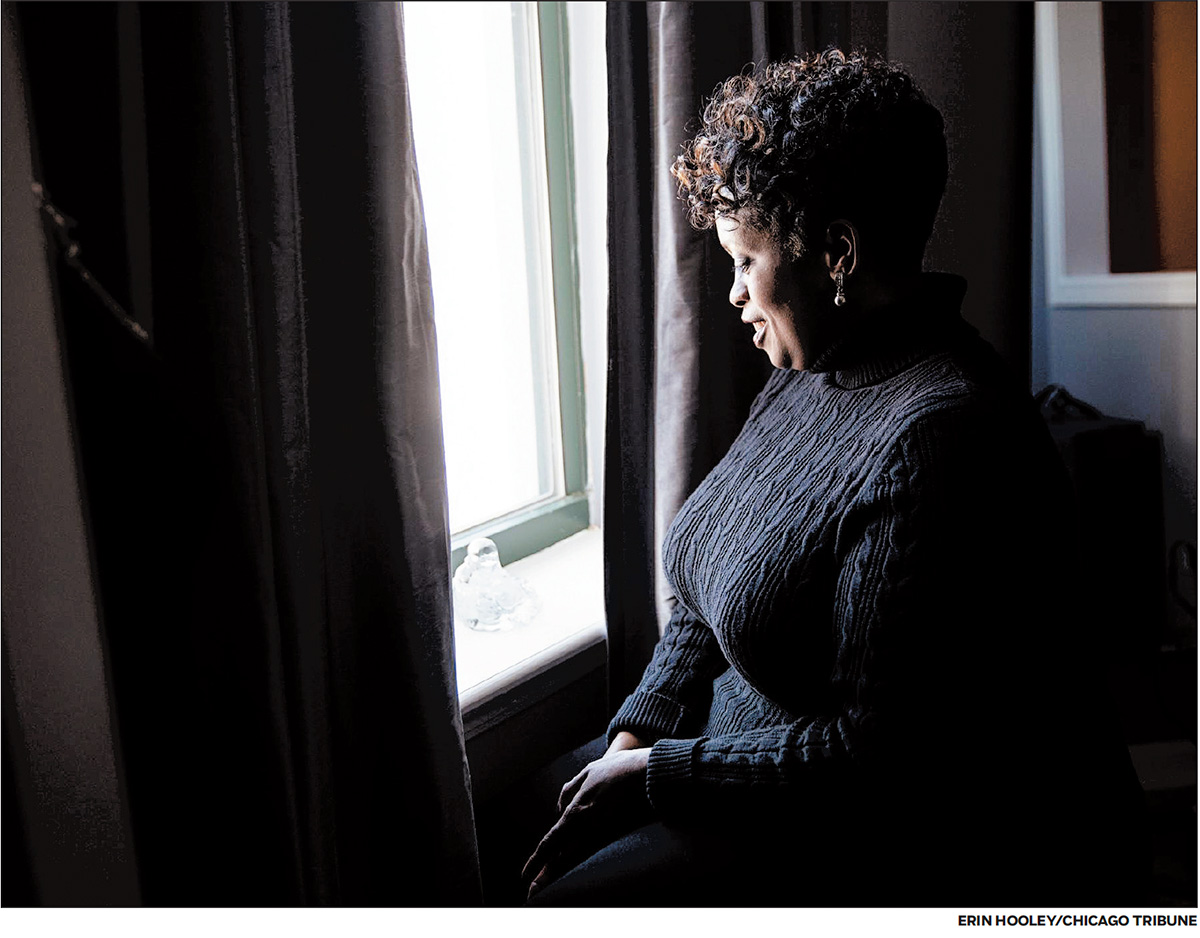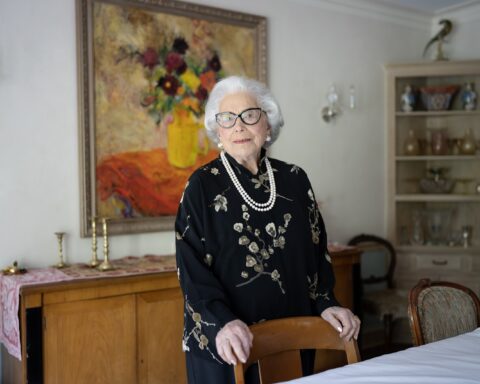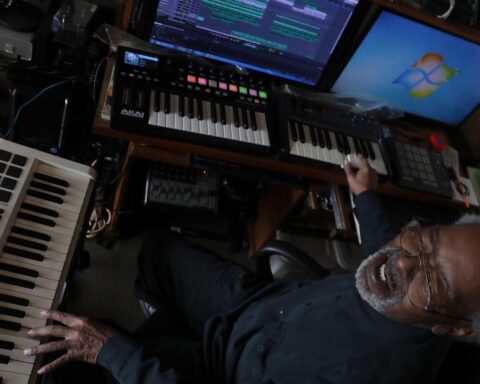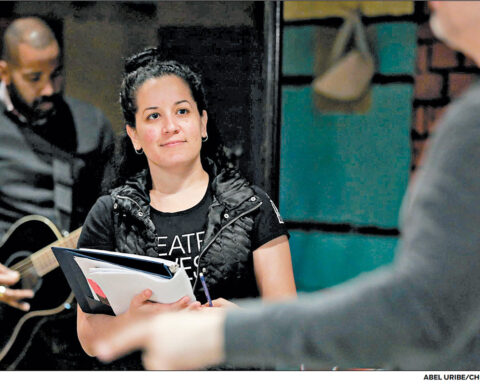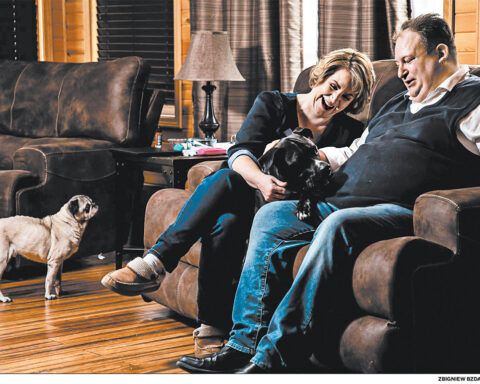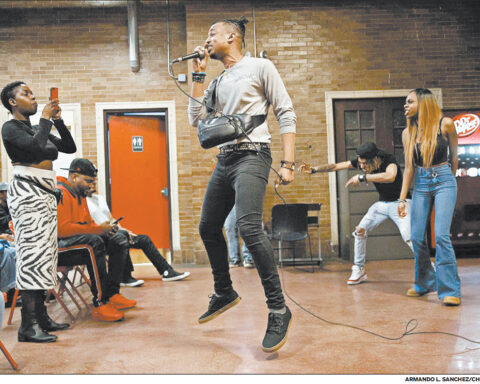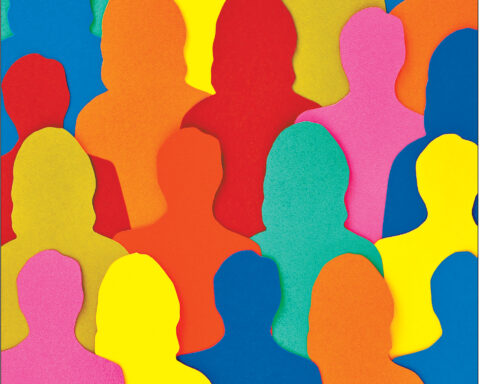Jeri Bingham wants to make you feel comfortable admitting you’re an introvert.
The South Shore resident, a self-professed introvert, has a “passion project” that is all about creating a community that celebrates the introvert, or what Merriam-Webster describes as “a reserved or shy person who enjoys spending time alone.”
“I think society has made us feel like it’s not OK (to be an introvert) because we live in a society that rewards extroversion,” she said. “The more you talk, the louder you are, the more critical you are — look at social media, it’s like you’re rewarded for that behavior and all of those tactics to get your word out. Yet if you’re a quieter person … your delivery is not valued as much.”
A National Louis University doctoral candidate, Bingham was having a conversation with other grad students about student behaviors and racial and social identities; that led to talking about her introversion. Now, she’s focusing her dissertation on the topic and how introverts influence, inform and lead. For instance, introverted managers did better with leading work teams, according to a study, because they were more collaborative, inclusive and considerate of everyone’s ideas.
In 2019, Bingham created the podcast “Hush Loudly” as a result of her ongoing research. She has interviewed former White House senior adviser Valerie Jarrett, former NFL player Howard Griffith, “The Clark Sisters: First Ladies of Gospel” screenwriter Sylvia L. Jones and New York Times bestselling author Susan Cain, author of “Quiet: The Power of Introverts in a World That Can’t Stop Talking.”
Bingham says Cain’s book was life-changing. In it, Cain says one-third to one-half of the U.S. population identifies as introverted. Data like this and others sparked Bingham’s interest in finding out how much of that group is Black.
So, Black Introvert Week was born. Monday through Feb. 15, Black introverts can share their art and innovations, highlight businesses, books and initiatives, and show support and love for Black introverts on social media with #BlackIntrovertWeek. Introvert resources will be shared, and panels with introverted Black executives will be held to discuss the intersectionality of being Black and introverted in leadership, and how executives navigate through misperceptions and misunderstandings to lead successfully.
The events are free, and all on Zoom.
“Black Introvert Week, which is deliberately a part of Black History Month, is a way to acknowledge and celebrate this smaller segment of introverts who are already misunderstood, but even more so with the intersectionality of both introversion and race,” Bingham said.
Black introverts can be misunderstood “because the majority sometimes isn’t sure what to make of us,” Bingham said. “If we aren’t wearing our hearts on our sleeves and aren’t living our lives out loud, they are unable to read us, so they wonder if we’re engaged, if we’re a team player, if we like them, if we can be trusted.”
Experienced Black introverts “know how to navigate around it, in order to make others feel comfortable in the workplace so that we are promoted, earning bonuses and having a seat at the table,” Bingham said. “That’s why I want us who have been successful to empower other Black introverts, share our stories and advocate for them.”
Since the pandemic started, Bingham says she’s seen more introvert communities pop up on social media (Introvert, Dear, a blog affirming introverts, and Instagram’s #blackintrovert are two). Bingham doesn’t know if the stay-at-home orders propelled more introverts to acknowledge their introversion, to start their own groups or to engage in the introvert conversation, but the more, the merrier, she said.
On Saturday, Bingham will host the panel “How to Love an Introvert: 13 Tips.” Bingham offered some teasers:
“Know that when your introverted partner disappears for a few moments (pre-COVID-19) during holiday gatherings, wedding receptions and large scale events, it has nothing to do with you. It has everything to do with that introvert’s need to step away and recharge for a few minutes.”
And “Please don’t take offense if I don’t answer the phone every time that you call, or respond to your text message right away. Maybe my ringer is off, or maybe I’m busy. Maybe it’s neither of those things, but I’m ‘in the moment,’ reading a book, or in my head trying to solve a problem or writing my next project.”
World Introvert Day is Jan. 2, but Bingham is hoping Black Introvert Week will be accepted into the National Day Calendar. Until then, she said she’ll do her part to acknowledge Black introverts.
“My demeanor is hard to read because I’m not necessarily outwardly living my life out loud,” she said. “What I’ve learned from being an African American woman is it can be misread. What I’ve found is I have to spend a lot of time making others feel comfortable. And once I started talking about it, there are so many Black women who have come out of the woodwork like, ‘Oh, my God, I thought it was just me.’”
Now she wants to encourage other introverts: “My passion is to talk to those young people (introverts) and let them know ‘you are perfectly fine.’ It’s OK you only talk if you have something to say. There are those who love to hear themselves talk, but you don’t have to compete with that person, nor should you try to become that person because that’s not who you are authentically.
“What I try to advise young people to do is find their own way,” she said. “I’ve been fortunate enough to figure out what I need to do and do it the way that’s comfortable for me.”
